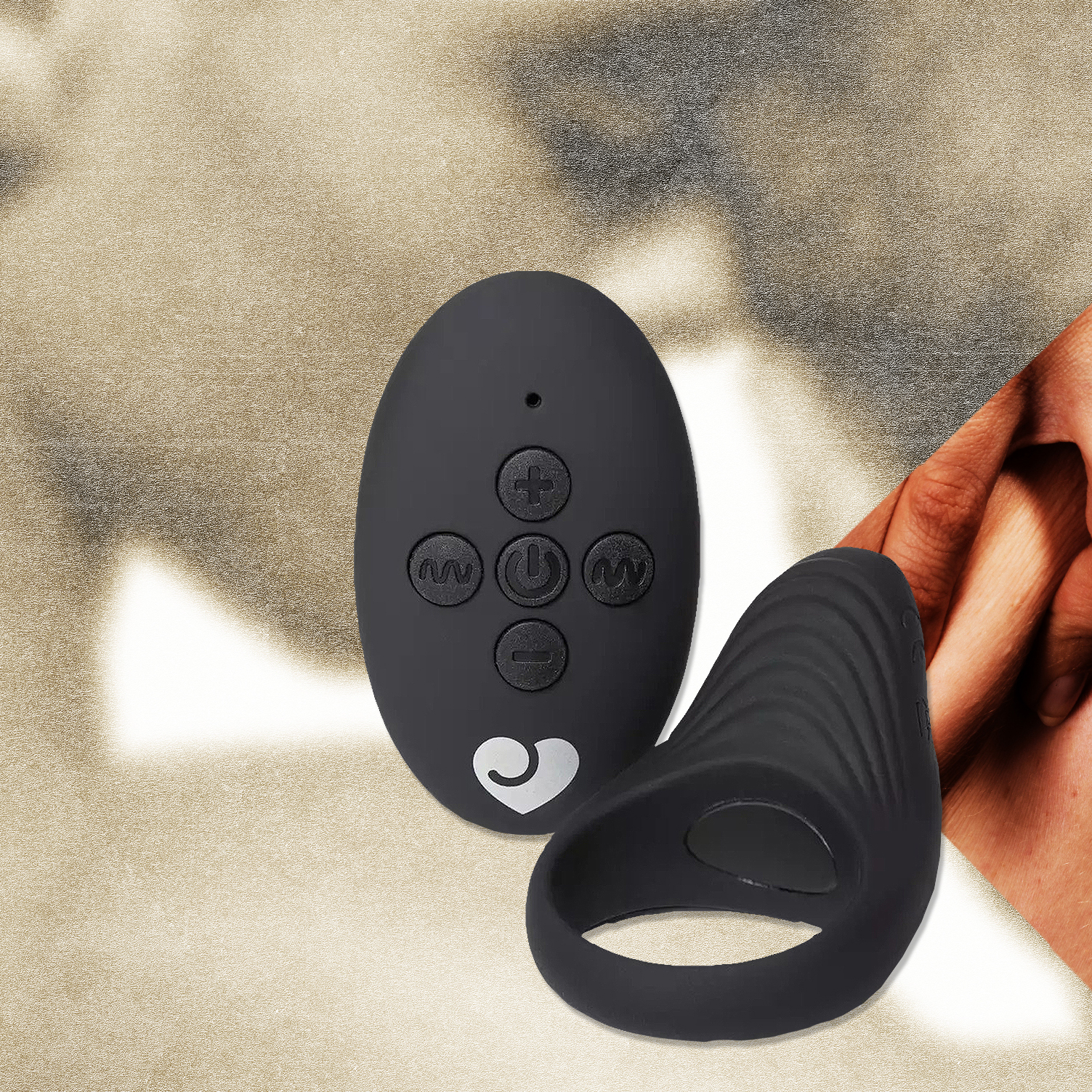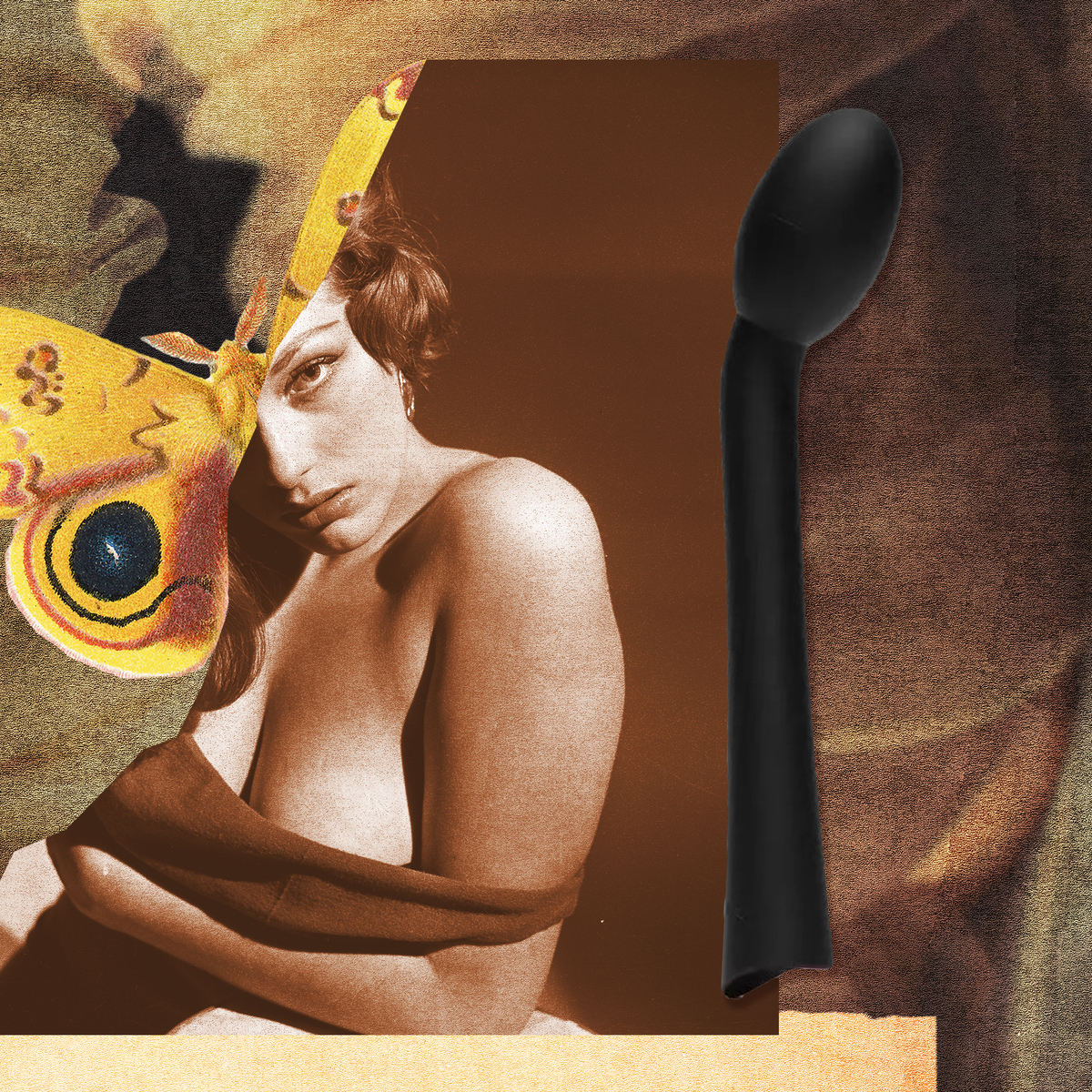Sex and Love
The Marie Claire guide to your sex life, your love life, and everything in between.
-

Sex Experts and Therapists Stand by These Vibrators
The vibes are immaculate.
By Gabrielle Ulubay Last updated
-
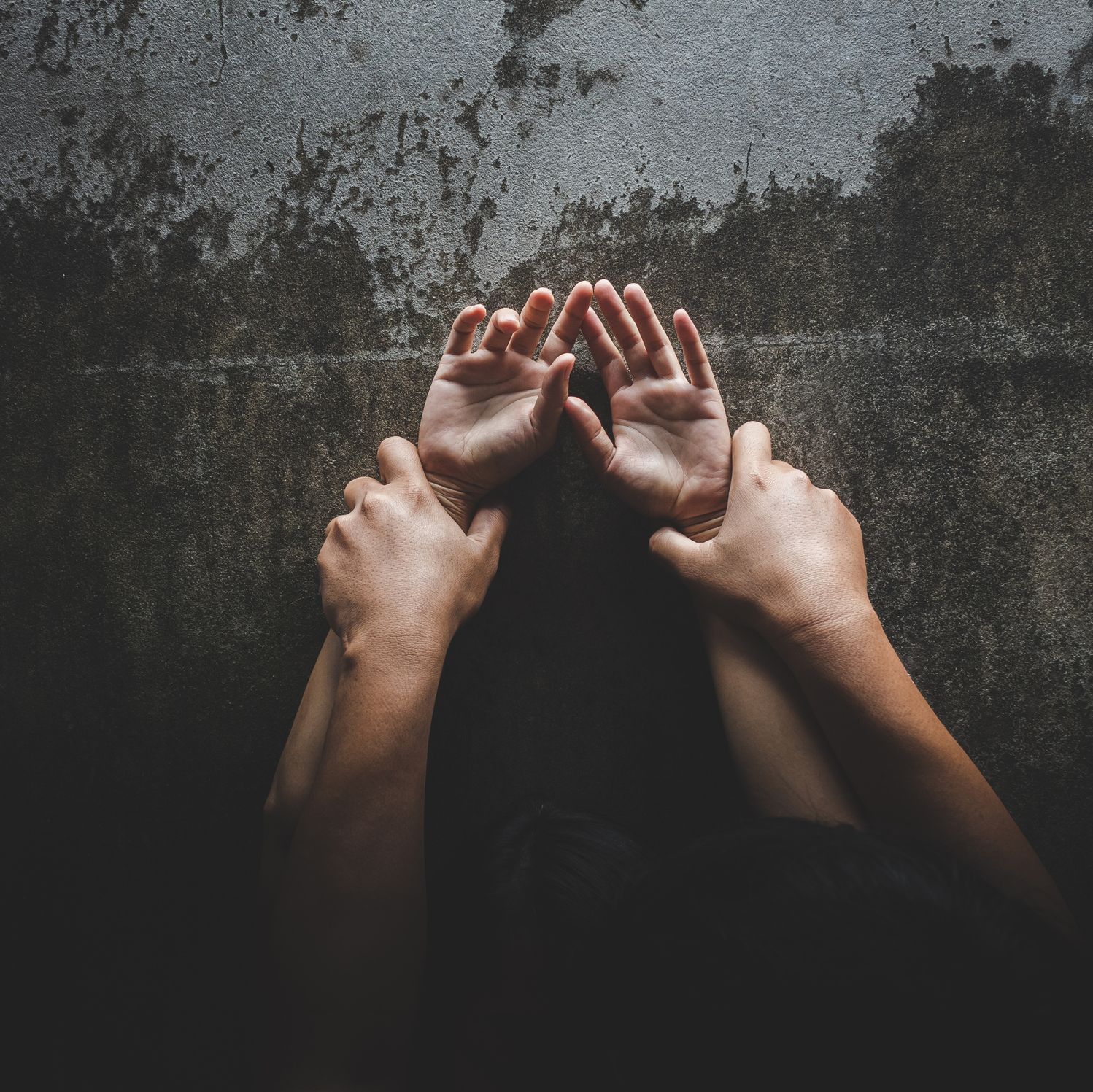
The All-Time Favorite Sex Positions of 11 Real Women
Features "It makes me feel like the sexiest woman on earth."
By The Editors Published
Features -

Non-Phallic Sex Toys to Take Your Pleasure to the Next Level
Pleasure and penetration don’t always go hand-in-hand.
By Gabrielle Ulubay Published
-

Tired of Dinner and a Movie? Try One of These Unique Date Ideas
From bowling and botanic gardens to cooking classics and flea markets.
By Katherine J. Igoe Last updated
-

Sex Toys That Double As Perfect Gifts
Make the holidays sexy this year.
By Gabrielle Ulubay Published
-

Womanizer Just Unveiled the First-Ever Shower Head Sex Toy
Bringing new meaning to head in the shower.
By Gabrielle Ulubay Last updated
-

Channel Your Inner '50 Shades' With One of These BDSM Toys
Maybe you're kinkier than you think.
By Gabrielle Ulubay Last updated
-
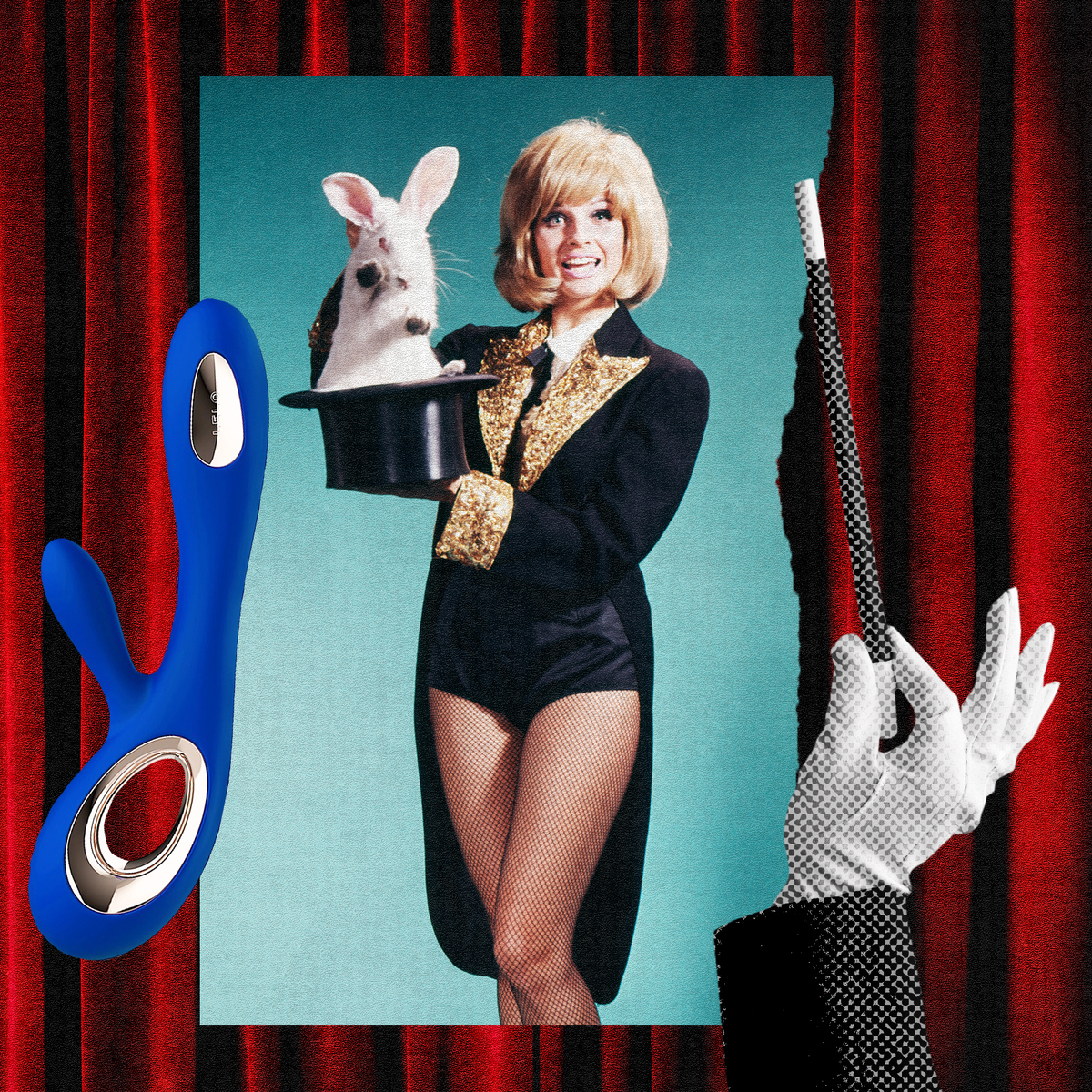
The 15 Best Rabbit Vibrators of 2023
No bunnies were harmed in the making of this list.
By Gabrielle Ulubay Last updated
-
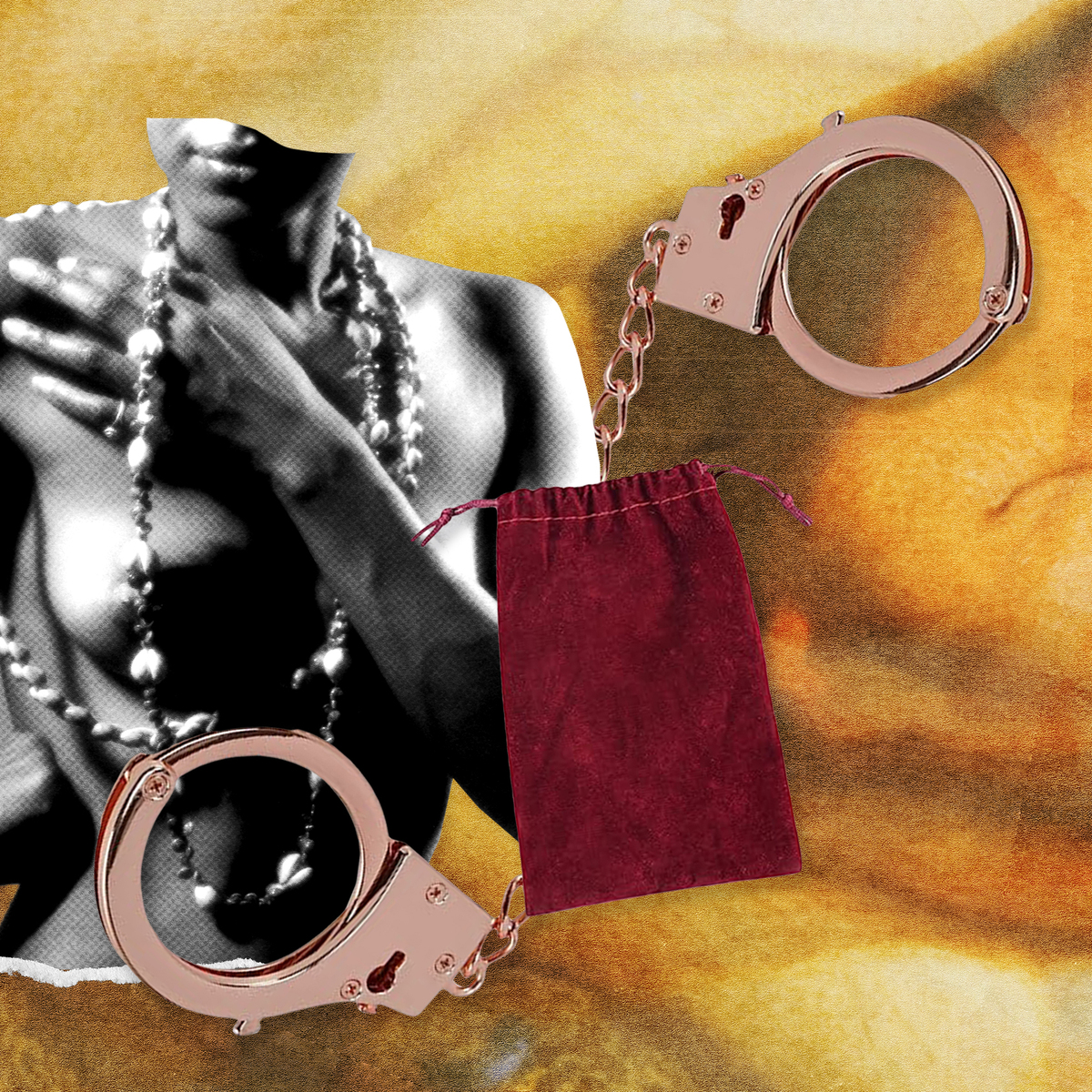
The 16 Best Sex Toys On Amazon, According To Experts And Reviews
Pleasure, meet convenience.
By Gabrielle Ulubay Last updated
-

Keep The Spark Going With These Non-Cliché Second Date Ideas
You can do better than dinner and a movie.
By The Editors Last updated
-

This CBD-Infused Lube Has a Relaxing Effect, and It Can Be Used With All Toys and Condoms
Good sex should always go smoothly.
By Gabrielle Ulubay Last updated
-

Lovehoney Is Having a Rare Sale on Its Best-Selling, Crazy Popular Sex Toys
The rare sale ends on Sunday.
By Gabrielle Ulubay Published
-

Iconic Sex Toy Brand Velvet Co. Is Throwing a Huge Sale
The brand, known for its beloved thruster toys, is celebrating Masturbation Month in May.
By Gabrielle Ulubay Published
-

A Great Date Doesn't Have to Be Expensive—These Date Ideas Are Fun *And* Affordable
"Love don't cost a thing." —J.Lo
By The Editors Last updated
-

I'm a Sex Writer—One of My All-Time Favorite Sex Toy Brands Is Having a Huge Sale
May is Masturbation Month—start it off right.
By Gabrielle Ulubay Published
-
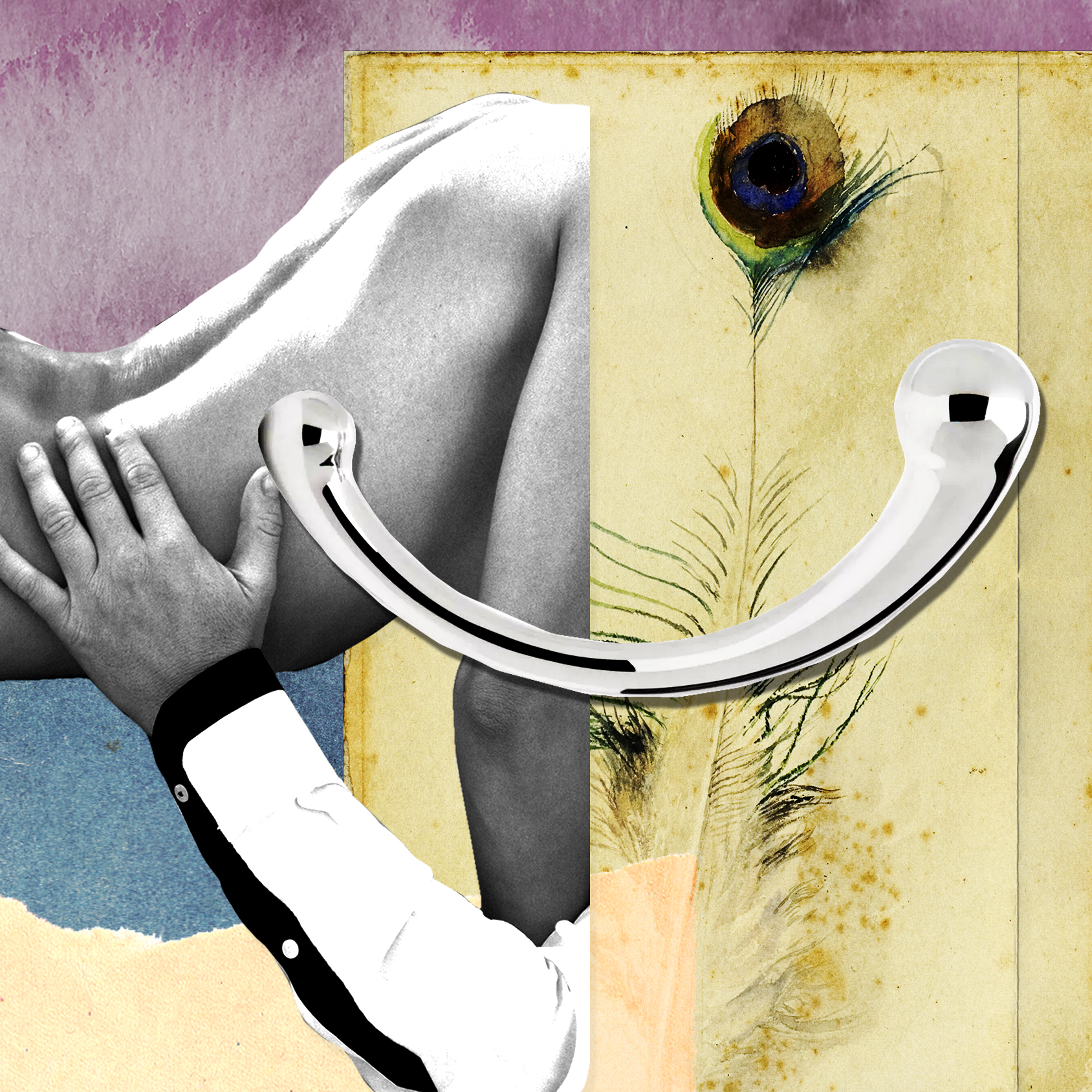
This Luxury Dildo Is Perfect For Easy, Safe Anal Play
You're in for a fant-ass-tic time.
By Gabrielle Ulubay Last updated
-
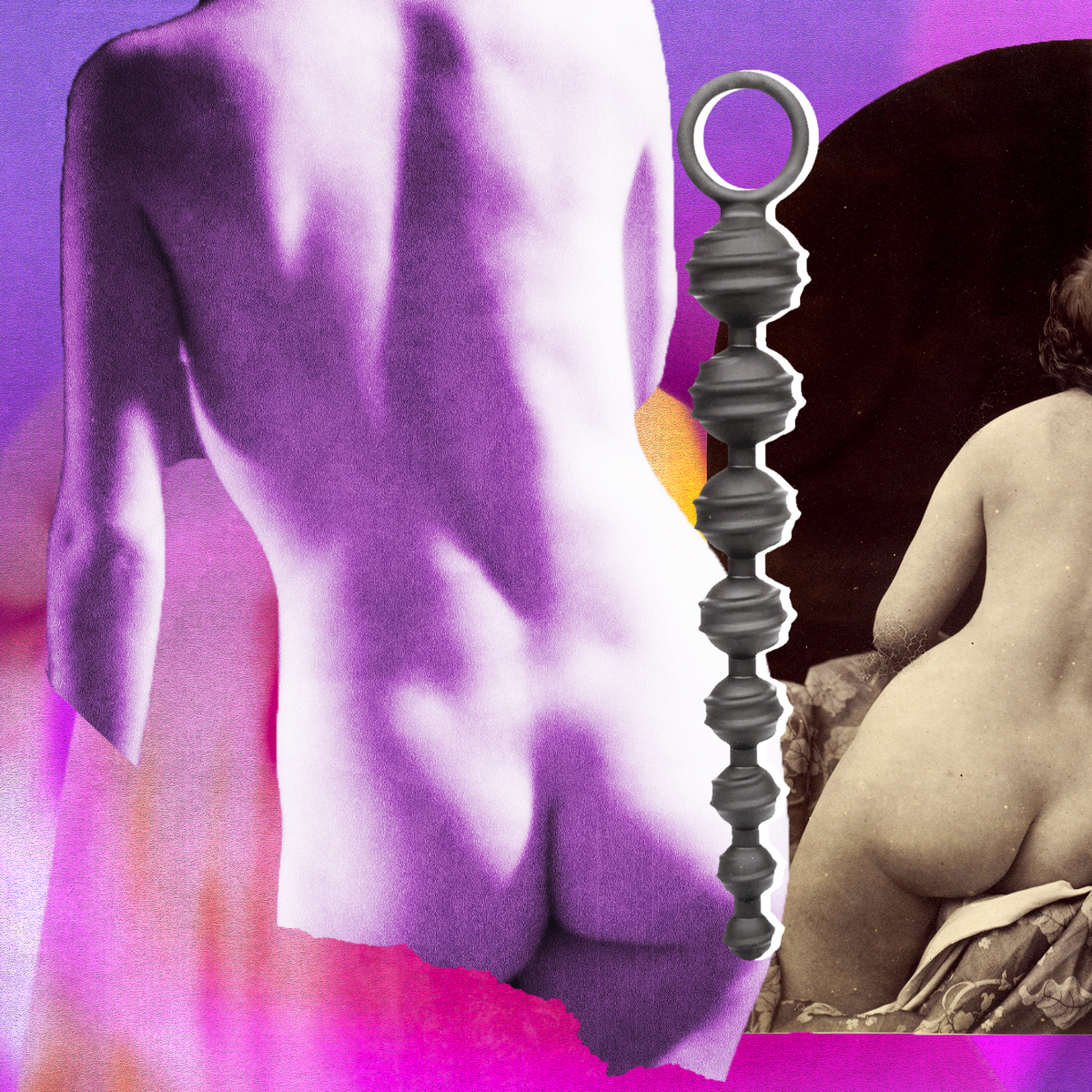
Anal Vibrators for Every Experience Level
Ass-k and you shall receive.
By Gabrielle Ulubay Last updated
-

Woman-Owned Brand Babeland Is Celebrating Women's History Month With A Huge Sale
It turns out that you can save money, treat yourself, and support abortion access all at the same time.
By Gabrielle Ulubay Last updated
-

The 13 Best Bullet Vibrators of 2024
These toys are right on target.
By Gabrielle Ulubay Last updated
-

The 16 Best Sex Toys for Beginners
If you don't start somewhere, you'll never know how to finish.
By Gabrielle Ulubay Last updated
-

Found: Dildos for Every Penetrative Preference
These products are hard to resist.
By Gabrielle Ulubay Last updated
-

A Vibrator Necklace Is the Ultimate Feminist Accessory
Show the world that you always put yourself first.
By Gabrielle Ulubay Published
-

Save Hundreds On Sex Toys, Lingerie, And More With Lovehoney's V-Day Sale
High-quality orgasms, low budget.
By Gabrielle Ulubay Published
-

The Best Sex Card Games
Per the advice of famed relationship therapist and podcast host Esther Perel.
By Gabrielle Ulubay Published
-

Sex Toys for Every Type of O
There's no such thing as a one-size-fits-all sex toy.
By Gabrielle Ulubay Last updated
-
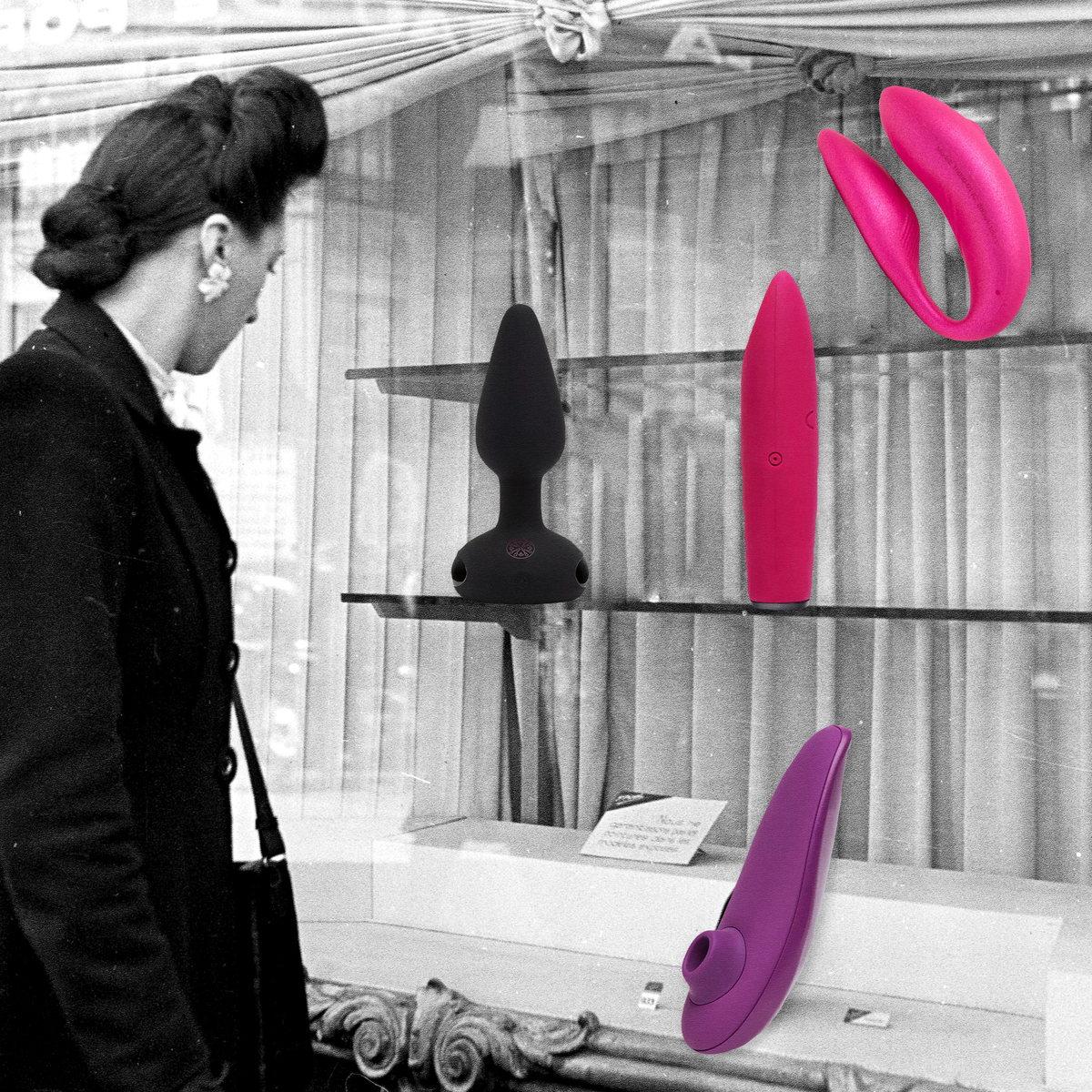
Every Type Of Vibrator, Explained
Pleasure, unpacked.
By Gabrielle Ulubay Published


